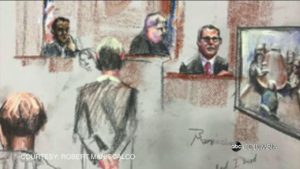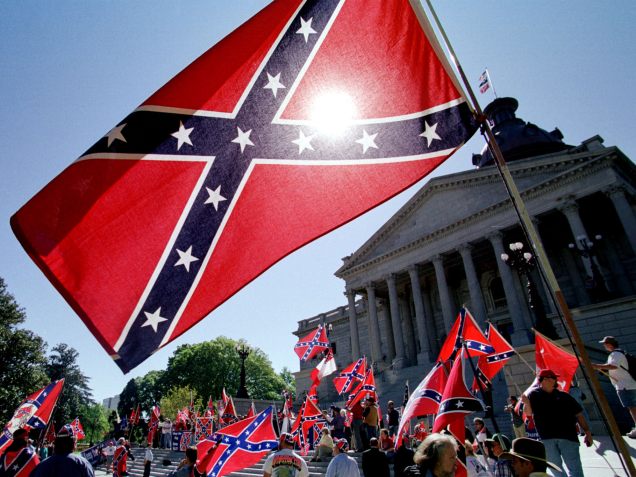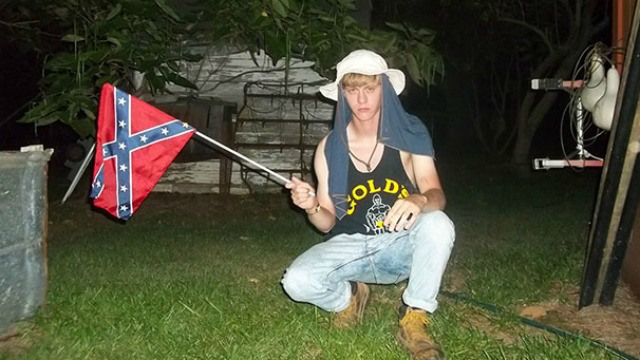I just can’t stand it when one of my long-standing principles gets tested by sociopathic monsters.
It is happening now as I listen to the rantings of the young man who opened fire in that Charleston, S.C., church, killing nine people with whom he had been praying just moments earlier.
A trial jury has convicted the killer — who I will continue to refuse to identify by name — of multiple murder. The moron then fired his defense counsel and is representing himself in the sentencing phase of the trial.
The judge questioned the killer’s ability to provide himself with an adequate defense. The killer said there is “nothing wrong” with his mind. I guess the judge believes him. Fine.
This individual is going to get the death penalty.
My own view against capital punishment is steeped in my belief that it does nothing to deter people from committing the kinds of acts that occurred in Charleston. The shooter surely knew what awaited him when he opened fire on the people inside the church.
The killer, a racist who admits to wanting to start a race war by killing the nine African-Americans in the Emanuel African Methodist Episcopal Church, is beyond redemption. He says now he has no regrets over what he did; he will not apologize for it.
Although I still believe that capital punishment is the wrong way to punish this monster, I won’t grieve for one moment when the state finally puts him down.


